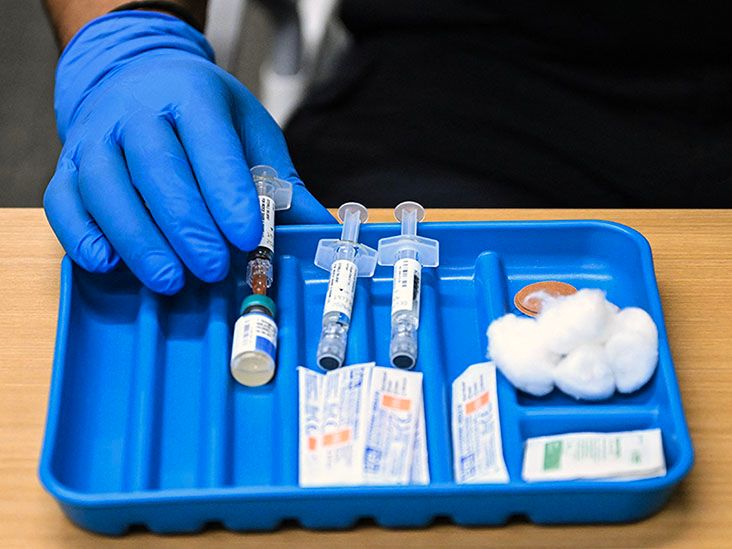Having depression may correlate with certain brain changes, including reduced gray matter, neurotransmitter disruptions, and inflammation. People with depression may also experience memory problems.
Depression is a mood disorder that affects at least
This article explains the link between depression and the brain, including how depression may affect the brain, if it is possible to reverse those changes, and when to speak with a doctor about depression.
Help is out there
If you or someone you know is in crisis and considering suicide or self-harm, please seek support:
- Call or text the 988 Lifeline at 988 or chat at 988lifeline.org. Caring counselors are available to listen and provide free and confidential support 24/7.
- Text HOME to the Crisis Text Line at 741741 to connect with a volunteer crisis counselor for free and confidential support 24/7.
- Not in the United States? Find a helpline in your country with Befrienders Worldwide.
- Call 911 or your local emergency services number if you feel safe to do so.
If you’re calling on behalf of someone else, stay with them until help arrives. You may remove weapons or substances that can cause harm if you can do so safely.
If you’re not in the same household, stay on the phone with them until help arrives.

Depression correlates with
- Brain volume: According to a 2018 study, there is a correlation between major depressive disorder and reduced volumes of gray matter. Gray matter forms the outer layer of the brain.
- Neurotransmitters: Neurotransmitters are chemicals that allow electricity to travel between cells in the brain and nervous system. A 2018 article suggests the neurotransmitters serotonin, noradrenaline, and dopamine behave abnormally in people with depression.
- Inflammation: People with depression may have
above-averageTrusted Source levels of translocator protein, which indicates elevated levels of brain inflammation.
Depression and memory
Another
- difficulty remembering happy or positive events
- a tendency to remember unhappy or negative events
- reduced ability to recall memories of all kinds
The authors suggest that chronic stress and certain brain changes, such as reduced hippocampal volume, may play a role in these effects among people with depression. However, they emphasize the need for further research.
Learn more about depression and memory loss.
According to the
For example, antidepressant medications change how the brain uses or produces certain chemicals that affect a person’s mood. Antidepressant medications may include:
- selective serotonin reuptake inhibitors (SSRIs), such as fluoxetine (Prozac) and sertraline (Zoloft)
- serotonin and norepinephrine reuptake inhibitors (SNRIs), such as venlafaxine (Effexor XR) and desvenlafaxine (Pristiq)
- norepinephrine-dopamine reuptake inhibitors (NDRIs), such as bupropion (Wellbutrin)
The NIMH highlights antidepressants as a common treatment for depression, which can either be used alone or alongside other treatment options.
Other treatments
Psychotherapies, such as cognitive behavioral therapy (CBT), aim to help people with depression learn new ways of thinking.
If a person does not respond to medication or psychotherapy, doctors may also consider brain stimulation therapies, which use electricity to activate certain brain areas.
This may include transcranial magnetic stimulation, a noninvasive technique that uses magnetic pulses to stimulate parts of the brain.
However, the
If someone thinks they might have depression, the
- persistent feelings of sadness, anxiety, or emptiness
- feelings of hopelessness
- pessimism
- irritability or frustration
- restlessness
- feeling guilty, worthless, or helpless
- decreased interest or pleasure in activities
- difficulty falling asleep or maintaining sleep
- oversleeping
- fatigue
- problems with concentration, memory, or decision-making
- increased or decreased appetite, which may affect weight
In some cases, an individual with depression may experience thoughts of death or suicide. People should seek immediate medical advice if they have suicidal thoughts.
Alongside getting professional help and treatment for depression, the American Psychiatric Association suggests that the following steps may help people to manage and reduce symptoms:
- regular exercise
- quality sleep
- eat a healthy, balanced diet
- avoid alcohol and other depressants
People can also reach out to family members, friends, healthcare professionals, and local support groups to speak about their experiences and receive support for their condition.
Anyone experiencing suicidal thoughts should contact the 988 Suicide and Crisis Lifeline by dialing 988.
Supporting someone with depression
The National Alliance on Mental Illness recommends the following tips for supporting someone with depression:
- Learn about depression to better understand how it may affect someone.
- Learn early symptoms of depression to proactively offer support.
- Be honest and kind when speaking to someone with depression.
- Offer help and follow through with promises.
- Practice active listening.
- Remain calm even if a friend or family member is in a crisis.
- Reach out to other people who can share experiences and provide emotional support.
Learn more tips for providing emotional support.
Depression is a mood disorder that can cause sadness, low energy, and suicidal thoughts. Research suggests that depression may correlate with changes in some regions of the brain.
For instance, people with depression may have higher rates of brain inflammation, neurotransmitter dysfunction, and reduced volumes of gray matter. People with depression may have difficulty recalling memories, particularly of positive experiences.
Treatment for depression may target the brain to boost chemicals, such as serotonin and dopamine, or help change how someone thinks.

